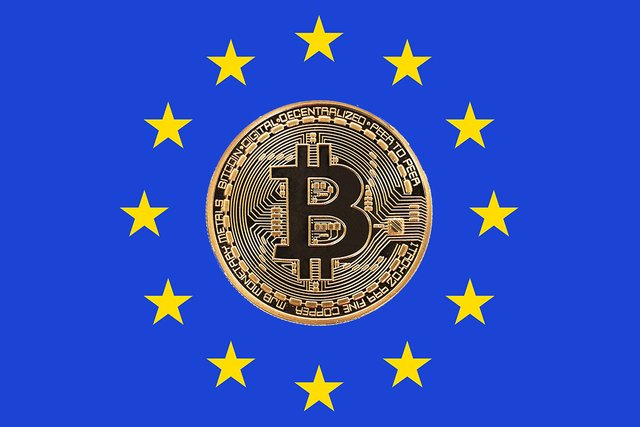Know These Countries That Say YES or NO to Bitcoin
When Bitcoin emerged as a peer-to-peer digital currency that debuted in 2009, it brought in the new age of cryptocurrency. Still, up to this day regulators are still debating if this is an asset or a security, or whether it should be banned or legalized. Governments are having different stances when considering Bitcoin as a financial service, a commodity, a money service business, or an asset and taxed.
Fast forward today, Bitcoin are being purchased by big institutions including central banks. Yes, central banks!
in 2017 Bitcoin was established as the top virtual currency system. But until today, most countries have not clearly determined the legality of bitcoin.
The Countries
The United States is generally positive toward bitcoin, though several government agencies work to prevent or reduce bitcoin use for illegal transactions. Prominent businesses like Dish Network (DISH), Microsoft, Subway, and Overstock (OSTK) welcome payment in bitcoin.67 The digital currency has also made its way to the U.S. derivatives markets—adding to its legitimacy.

In the America, bitcoin is categorized as property for taxation purposes by the Internal Revenue Service (IRS).
Canada maintains a generally bitcoin-friendly stance while also ensuring the cryptocurrency is not used for money laundering. Bitcoin is viewed as a commodity by the Canada Revenue Agency (CRA). The policy means that bitcoin transactions are viewed as barter transactions, and the income generated is considered as business income.
Meanwhile, Canada considers bitcoin exchanges to be money service businesses. This brings them under the purview of the anti-money laundering (AML) laws. Bitcoin exchanges need to register with the Financial Transactions and Reports Analysis Centre of Canada (FINTRAC).
On Oct. 22, 2015, the European Court of Justice (ECJ) ruled that buying and selling digital currencies is considered a supply of services and that this is exempt from value-added tax (VAT) in all European Union (EU) member states. Additionally, some individual EU countries have also developed their own bitcoin stances

In Finland, the Central Board of Taxes (CBT) has given bitcoin a VAT exempt status by classifying it as a financial service. Bitcoin is treated as a commodity in Finland and not as a currency.
The Federal Public Service Finance of Belgium has also made bitcoin exempt from VAT.
Germany is open to bitcoin, where it is considered legal but taxed differently depending upon whether the authorities are dealing with exchanges, miners, enterprises, or users.
In Cyprus, bitcoin is not controlled or regulated either.
The Financial Conduct Authority (FCA) in the United Kingdom has a pro-bitcoin stance and wants the regulatory environment to be supportive of the digital currency.
Several countries have legally banned digital currency, while others have tried to cut off any support from the banking and financial system essential for its trading and use.
Vietnam's government and its state bank maintain that bitcoin is not a legitimate payment method, though it is not regulated as an investment.
Meanwhile in China, Bitcoin is essentially banned. All banks and other financial institutions like payment processors are prohibited from transacting or dealing in bitcoin. Cryptocurrency exchanges are banned. The government has cracked down on miners.
Bitcoin is not regulated in Russia, though its use as payment for goods or services is illegal.
Columbia, Ecuador, and Bolivia has banned the use of bitcoin and other cryptocurrencies.
Of all the countries in world, so far, only El Salvador is the only country that recognizes bitcoin as legal tender.
Conclusion
The real issue of the legalization of Bitcoin is whether the governments' or central banks' fiat currencies are not jeopardize against Bitcoin.
When the Big Banks get hold of Bitcoin in very large quantity, or until they control every aspect of Bitcoin, or until they 'own it' then legalizing it in every country in the world would not be a problem anymore. All these government institutions are doing is that they are ensuring the control this popular cryptocurrency.